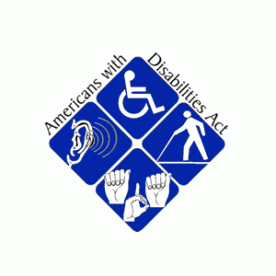Most employers are well aware that the Americans with Disabilities Act (and similar state laws) require employers to engage in the “interactive process” when an employee requests a disability accommodation. But in actual day-to-day practice, human resources professionals and others tasked with fulfilling this obligation often find themselves stumped. “Interactive process” is a vague term, and there is a lack of clarity regarding what it means for an employer to engage in this process. As a result, employers sometimes skip this step, particularly in situations where the accommodation requested would likely cause undue hardship or simply is not possible. But these are the scenarios in which it is most important to engage in the process, as failure to do so can cause liability that could easily have been avoided with a simple discussion.
What then, is the interactive process exactly? The Equal Employment Opportunity Commission’s (EEOC) internal guidelines used with its own employees provide some helpful guidance. According to the EEOC, the employer and the individual requesting an accommodation “must communicate with each other about the precise nature of the problem that is generating the request, how a disability is prompting a need for an accommodation, and alternative accommodations that may be effective in meeting an individual’s needs.” As this guidance explains, communication is the cornerstone of the interactive process, and should involve a specific discussion of alternative options in the event the requested accommodation cannot be made.
Another question that often arises is who should initiate the interactive process? While it is technically the employee’s burden to do so in the form of requesting an accommodation, according to the EEOC, an employer should initiate the interactive process without being asked if the employer:
- knows that the employee has a disability,
- knows, or has reason to know, that the employee is experiencing workplace problems because of the disability, and
- knows, or has reason to know, that the disability prevents the employee from requesting a reasonable accommodation.
Finally, beyond the obvious fact that engaging in an interactive process helps employers to discover and provide reasonable accommodations, in situations where an employer fails to provide a reasonable accommodation and later must defend that decision in court, evidence that the employer engaged in an interactive process can demonstrate a “good faith” effort, which can protect an employer from being hit with punitive and other damages.




 i
i

